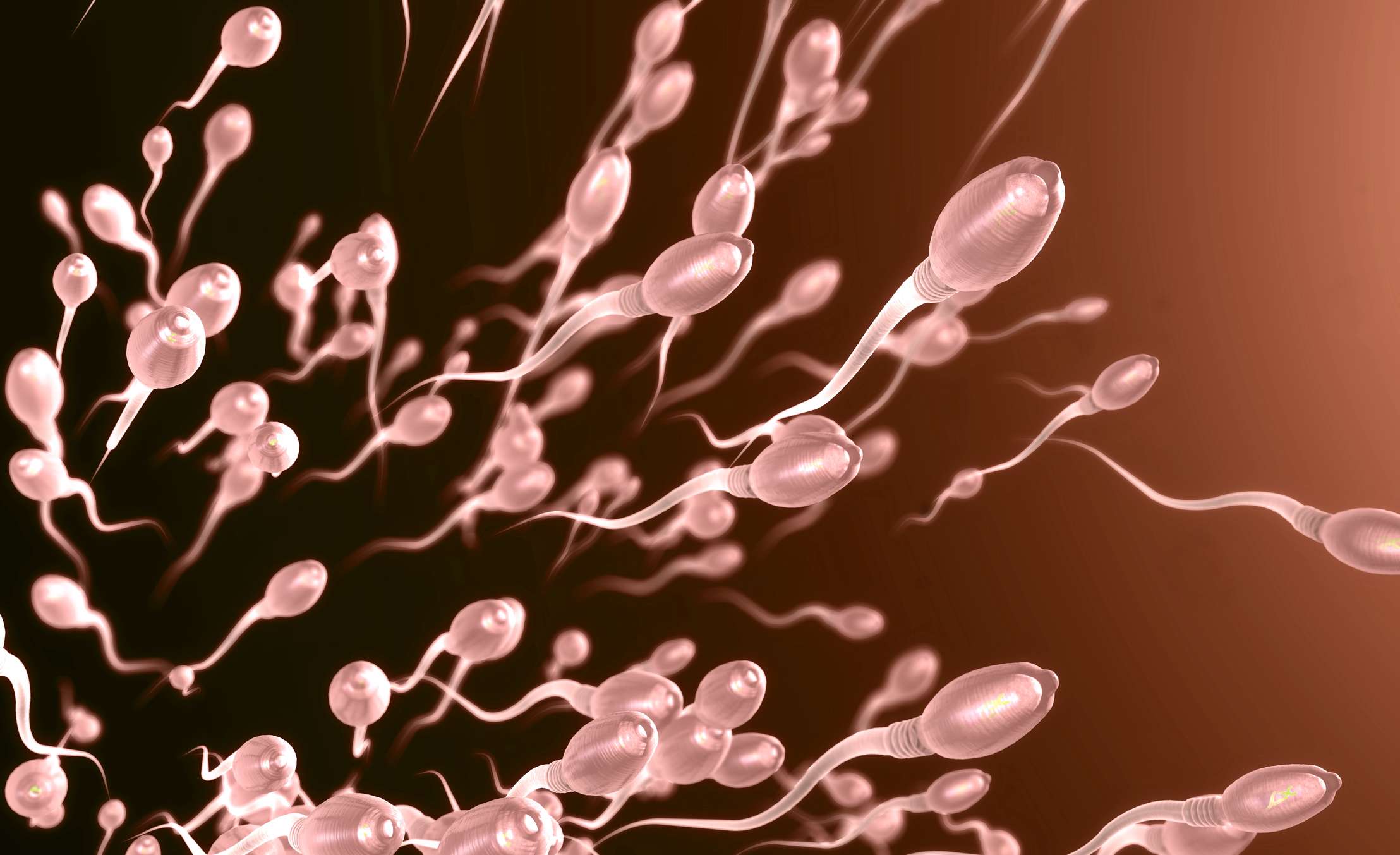Basics
Premature ejaculation (ejaculatio praecox) is a common and poorly understood sexual disorder, often causing sufferers to avoid intimacy as well as sexuality. The term ejacuatio praecox comes from Latin and means "premature ejection".
According to the international ICD-10 disease classification, premature ejaculation is the inability to control ejaculation in a way that allows both partners to have satisfactory sexual intercourse. Ejaculation occurs before or during penetration in more than 75% of those affected.
The condition can be divided into a primary and a secondary form:
Primary premature ejaculation has usually existed for a long time when it is first diagnosed by a urologist. It is congenital or the affected person has always had an intravaginal ejaculation time of less than one minute.
The secondary form of the disease arises due to various causes such as hormonal changes or changes in the penis. This form is often accompanied by erection problems (erectile dysfunction).
Individual psychosexual well-being plays a major role in premature ejaculation. The average intravaginal ejaculation time of men across all age groups is 7 minutes.





